Responsible and proper maintenance of domestic animals is always accompanied by quite large expenses, in particular when it comes to dogs. And if the deputies recently amended the laws, and now pet owners are legally responsible for the maintenance and behavior of pets, then a new bill is being considered. He has already managed to excite all dog owners and concerns the introduction of a tax on their maintenance.

Why do I need a tax?
Such a fee for the possession of these pets should be introduced, according to officials, at the federal level. And it is by no means a measure of punishment. In fact, just the opposite. Many dog breeders are well aware that in our country the dog infrastructure is very poorly developed, especially when it comes to small towns and villages. There special dog sites for walking, hairdressers and just parks most often do not exist.
Here is the introduction of a tax on dog ownership and should correct this situation.
All the funds raised will have a special purpose and will go to the construction and improvement of dog infrastructure, even in the most distant regions of our country.
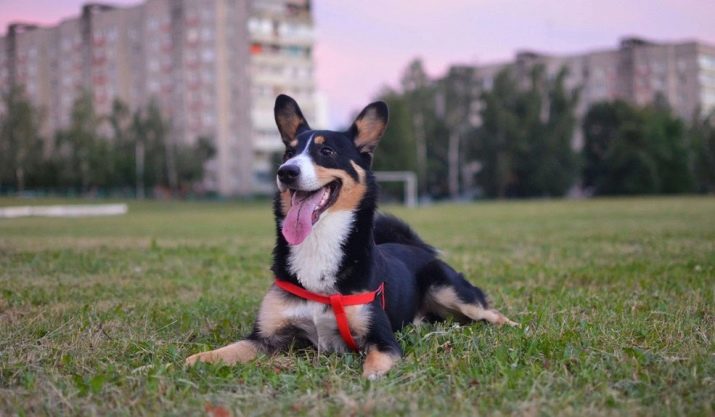
The practice of just such taxation has long been quite popular abroad and is used in many countries. However, most Russians are protesting against the approval of such a bill in our country. Moreover, most of them are against such taxation only because they do not quite understand the essence of the new bill, and also because not all dog owners are sure that the money will be spent where it should.
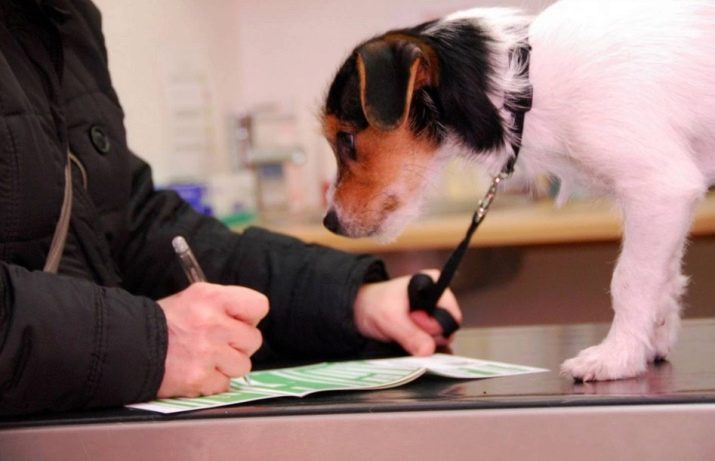
In which countries does it exist?
In many countries of the world such a tax has long been introduced. And it concerns the payment of money once a year, not only for owning dogs, but also other pets. Moreover, this list includes not only cats, but even individuals such as hamsters and parrots.
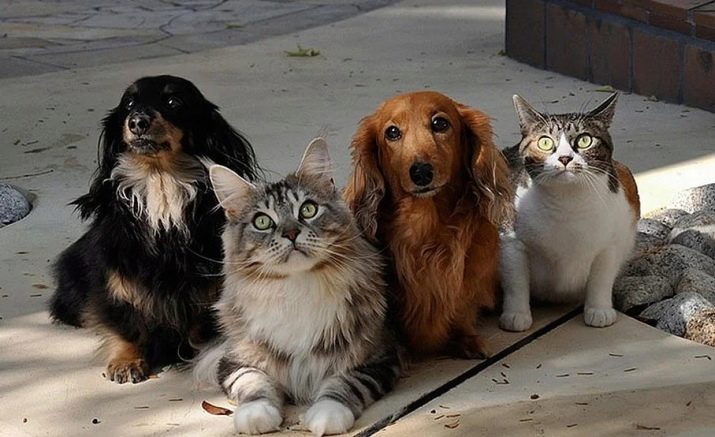
All animals pass either registration or chipping, and data on them is entered into a single federal base of the country. Today, this practice is common in countries such as:
- Germany;
- Sweden;
- Switzerland;
- USA;
- Netherlands;
- Japan;
- Israel.
Moreover, it was in Germany and Sweden that the practice of such taxation appeared for the first time.
Some countries have both a progressive taxation scale and the ability to have a dog at home, but do not officially pay a penny for it. This applies, for example, in those cases when the dog was taken from the shelter and there are relevant documents confirming this fact.
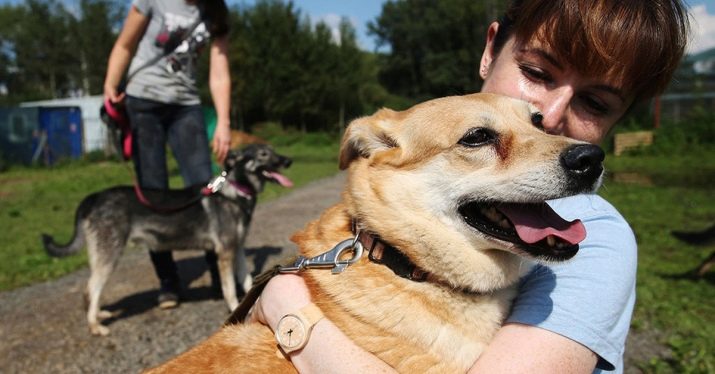
In Spain, dog owners, regardless of their breed, pay EUR 15 per animal once a year to the country's treasury. But if the pet was taken from a shelter for homeless animals and there are documents confirming this information, the owner of the dog is officially exempted from tax. In this case, it does not matter if he provided shelter to one animal or even several.
But in the Netherlands this tax is progressive. For one pet, its owner pays 57 euros per year to the state treasury, and for each subsequent one it costs 85 euros annually. Residents of Sweden pay 100 euros a year for each dog, but the Swiss pay twice as much.
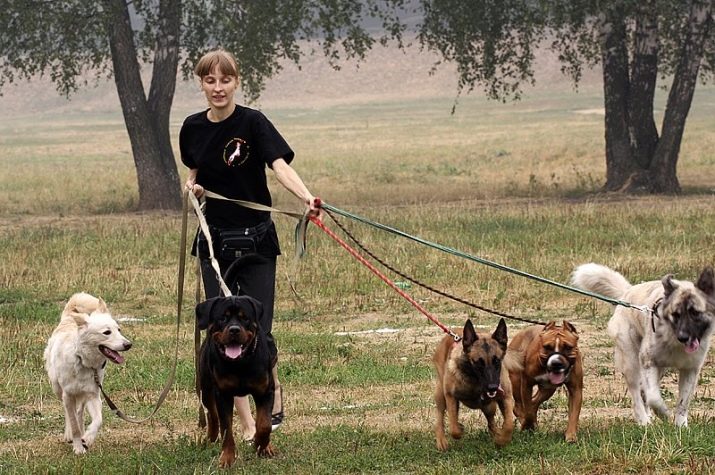
On average, the amount of such tax cannot exceed 300 units of the national currency per animal per year.
If you carefully study the canine infrastructure in these countries, you can make sure that the money goes where you need to. There are special parks, and playgrounds, and hairdressers, and even entire spas. At the same time, it is almost impossible to see dog excrement or stray animals on the streets. Residents of all these countries and a number of others have a completely normal tax on pets. Here, for pets, they strive to create the most comfortable living conditions, including psychological ones.
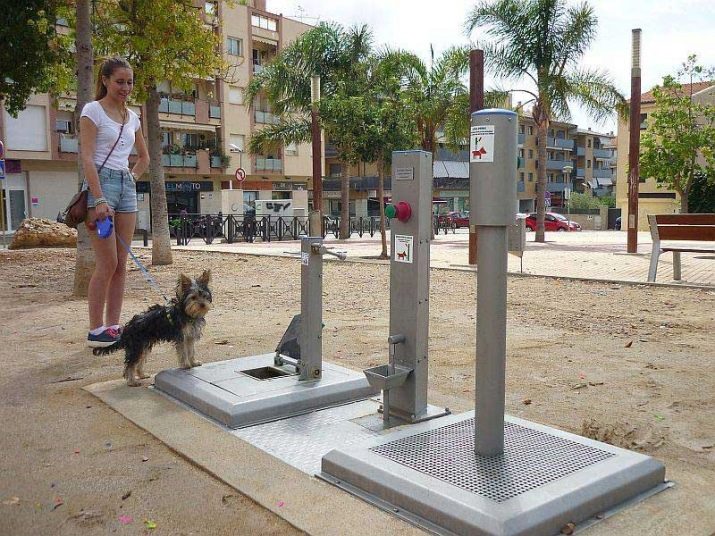
It is noteworthy that even in Ukraine there is some semblance of such a bill.
Here, the owners do not pay animal fees, but at the same time strict state records are kept of all stray dogs that are registered and sterilized.

Will it be introduced in Russia?
To this day, this burning issue for many Russians remains open. Initially, it was said that the exact decision will be made before the middle of this year.
However, to date, the consideration of this bill is temporarily frozen.
There are several reasons for this. Firstly, the pension reform and many other new bills that officials had to consider in the first place. And secondly, the total discontent of the owners of animals themselves. And if the owners of 1-2 dogs still, perhaps, would agree to pay the tax, then things are much more complicated with the owners of entire kennels.
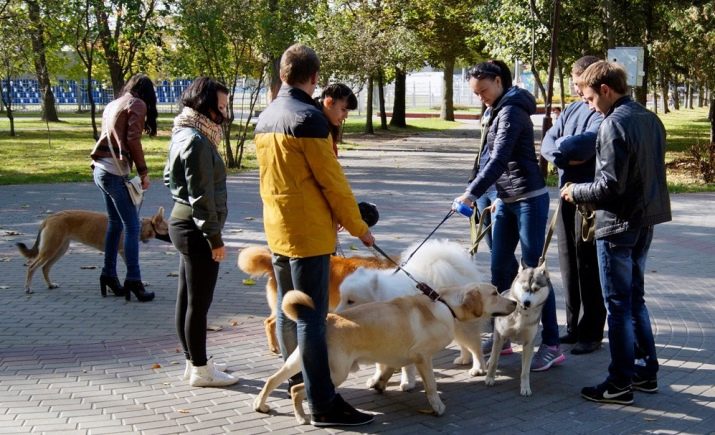
Firstly, far from all owners of these animals generally agree with the introduction of such a tax. According to them, they already spend enough on the maintenance of their dogs - proper nutrition, accessories, regular visits to the veterinarian. Secondly, experts insist that even with all the desire, not all dog breeders will be able to pay this tax, which means that the number of sharply homeless animals can quickly increase at times.
It is all of these reasons in the aggregate that led to the fact that the consideration and final decision on the adoption or rejection of this bill has been suspended today.
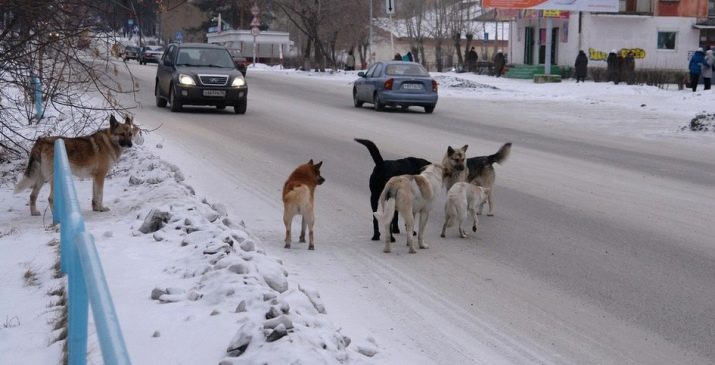
Many experts believe that amendments related to a more attentive and responsible attitude to pets are enough, but there is no point in making amendments to the Tax Code of the Russian Federation. The cost of implementing such an idea will be many times higher than the potential income from its implementation.
So while there is no definite decision on whether the law on the introduction of taxation on dogs and other pets will be adopted.
Experts say that the situation will finally become clear no earlier than at the end of 2019. But with a greater degree of probability this bill will either be completely rejected, or the size of the tax itself and the procedure for its calculation will undergo significant changes.

Features of taxation
But today, despite the fact that the bill is only under consideration, it highlights several key points.
- The size of tax payments in the village and in the city will differ significantly even for dogs of the same breed. The reason is simple - in villages and villages animals are most often found in enclosures and on leashes. In addition, rural residents do not need much developed canine infrastructure, which means they use it less. City pets are more likely to visit public places and need specialized walking areas. Based on the needs of the animals themselves and the preferences of their owners, it is planned to create a special calculator that will help calculate the amount of tax on an animal of a particular breed.
- The size of the dog and its dimensions will also be taken into account when calculating the amount payable. Therefore, owners of large dogs, such as alabai and shepherd dogs, will have to pay more than owners of Pekingese. The amount of tax on especially dangerous breeds of dogs will be two or three times higher than the standard.
- The tax will be federal, but its final amount will be determined by the subjects of the Federation independentlybut within the established standards.
- The amount of tax paid by dog owners will be paid once a year in full. Nursery owners and breeders will be able to split it into two payments for equal cash amounts.
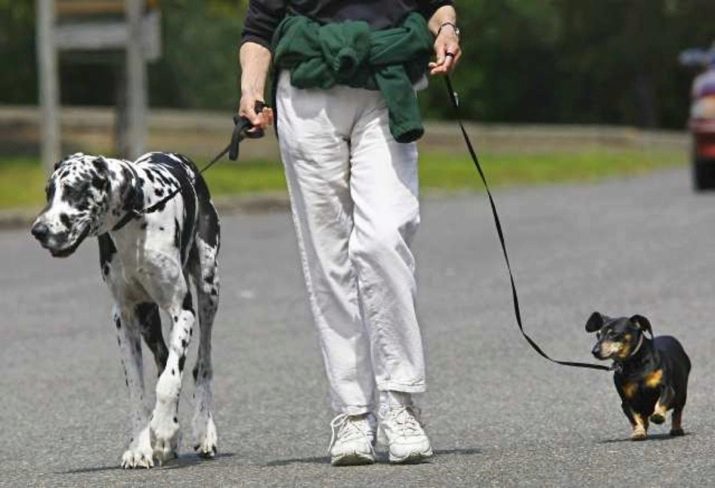
But it is worth remembering that all these features are only previously approved and it’s too early to say that they will all be taken into account and entered into the bill under consideration.
Despite the successful implementation of such a bill in other countries in other countries, the independent experts of our country are still very skeptical.
And many deputies, in particular, representatives of the Liberal Democratic Party, support their attitude. In their opinion, ordinary citizens of Russia have too many material worries and other taxes, and funds are limited. Therefore, the new tax is simply a bondage, which many will voluntarily get rid of, abandoning pets.
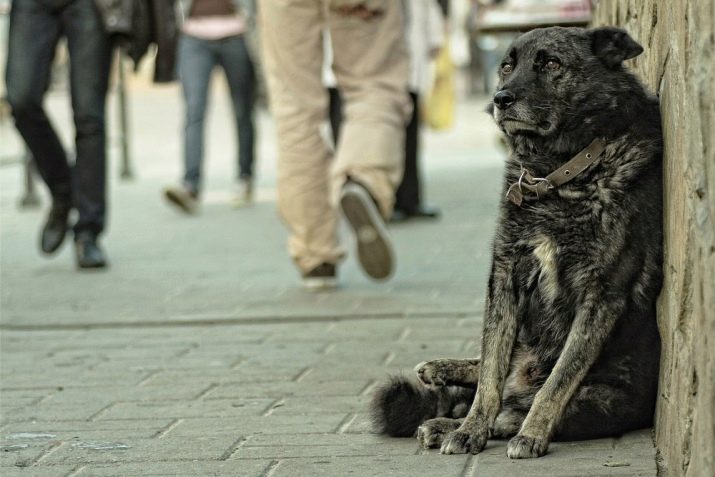
In the next review, you can watch a survey of dog owners on tax innovations.








































